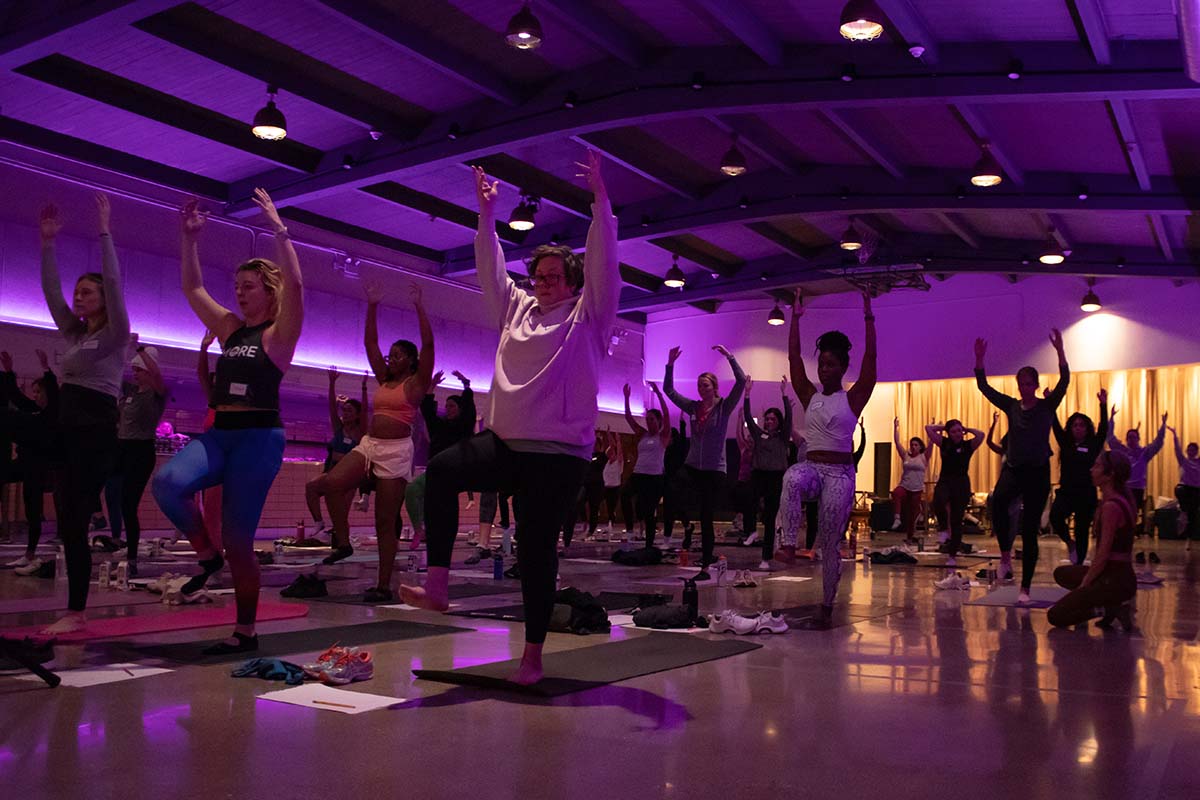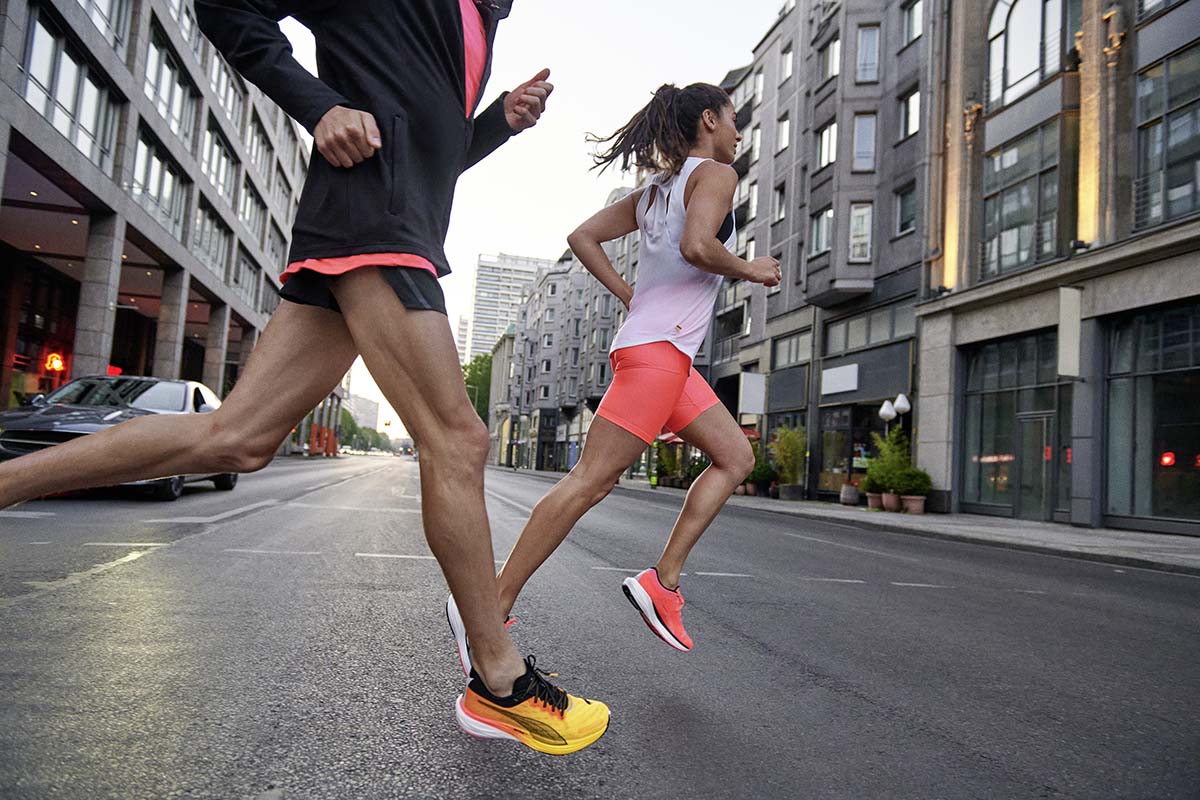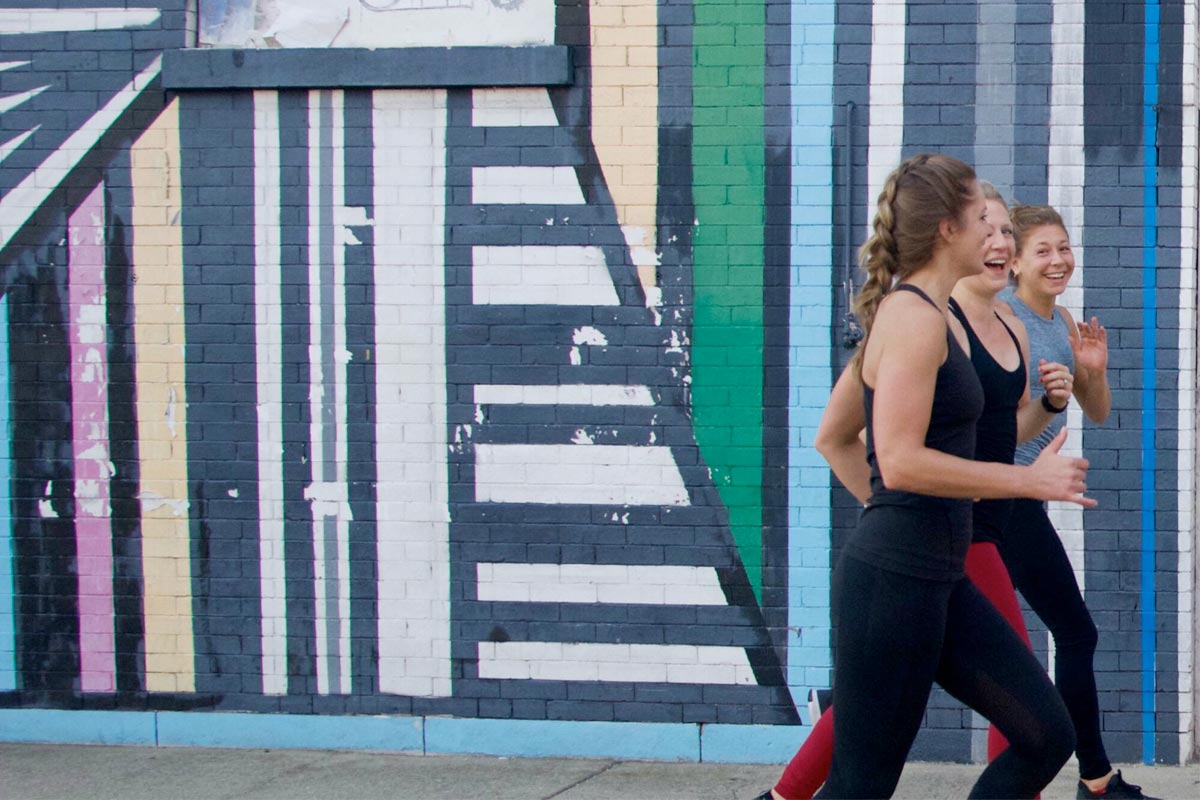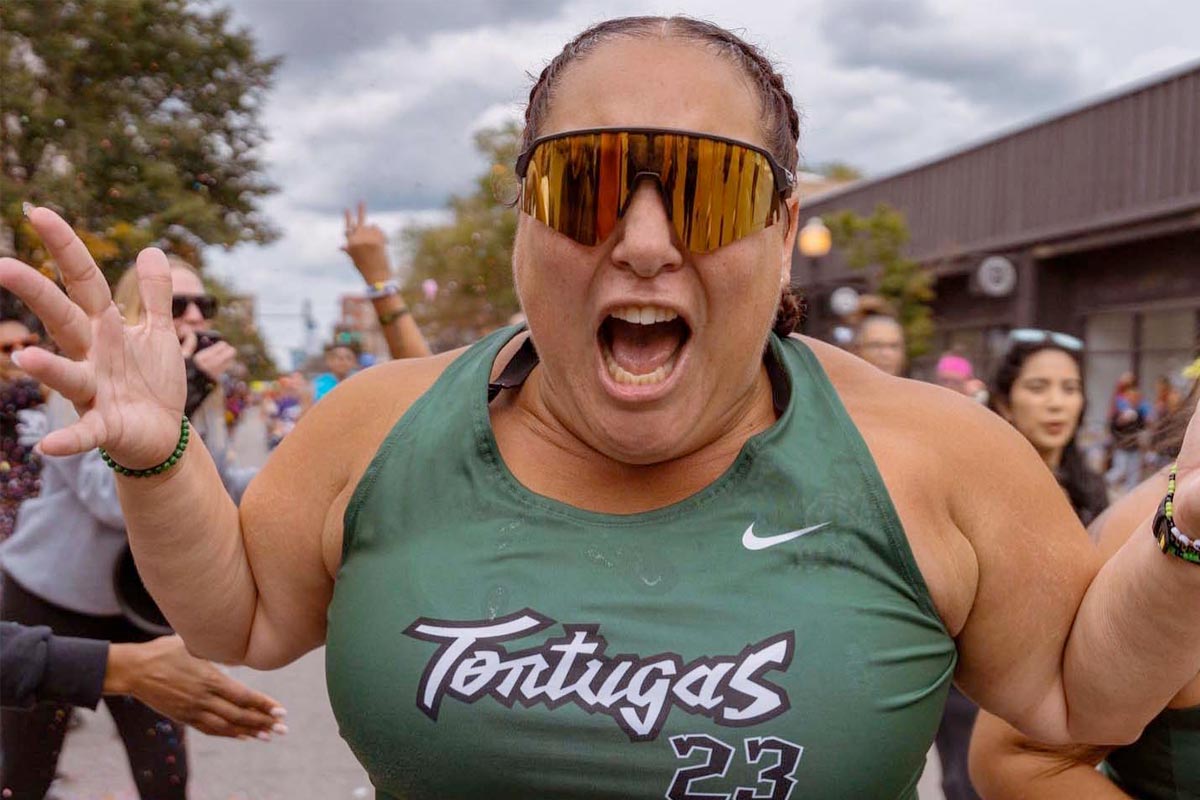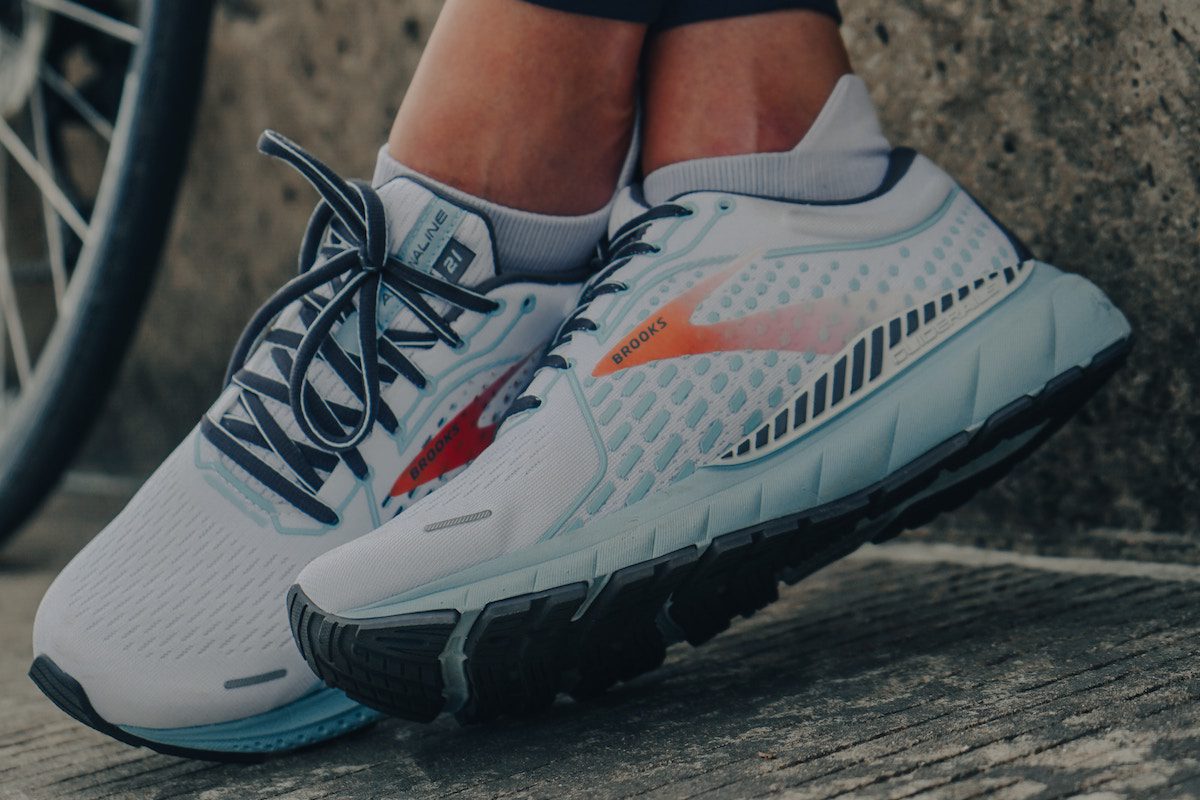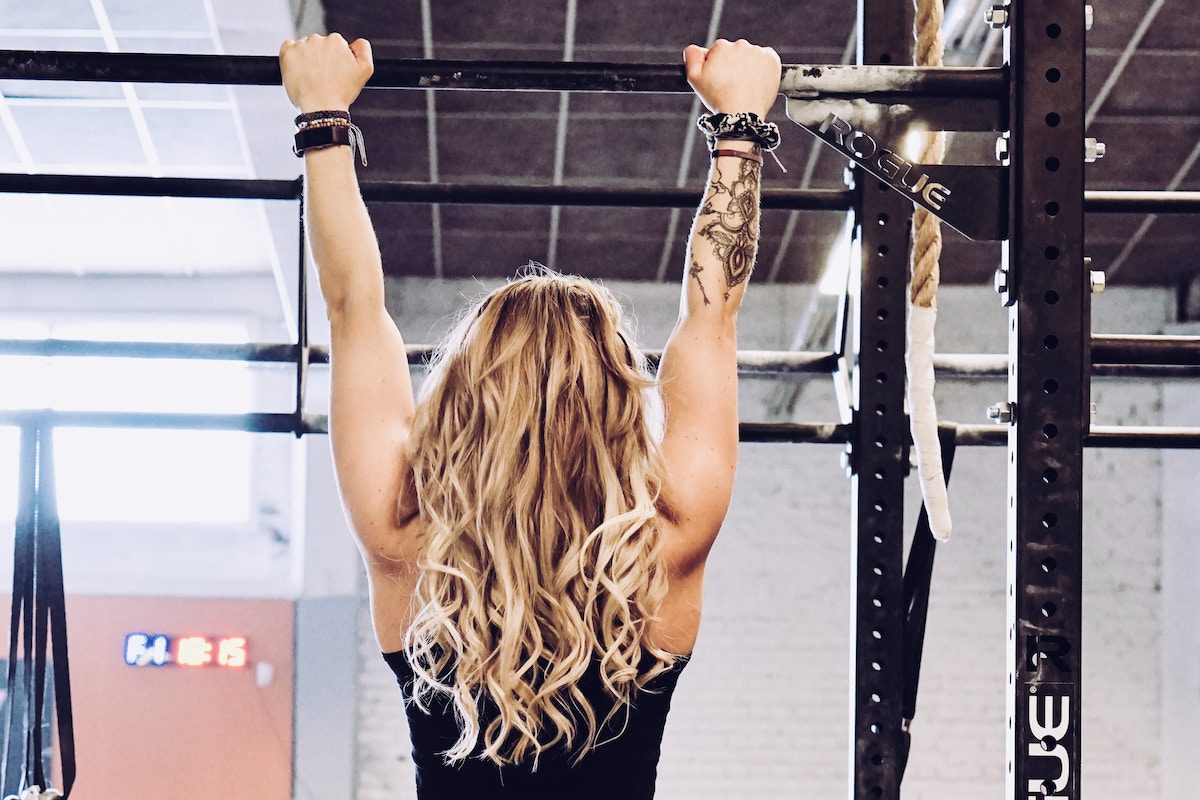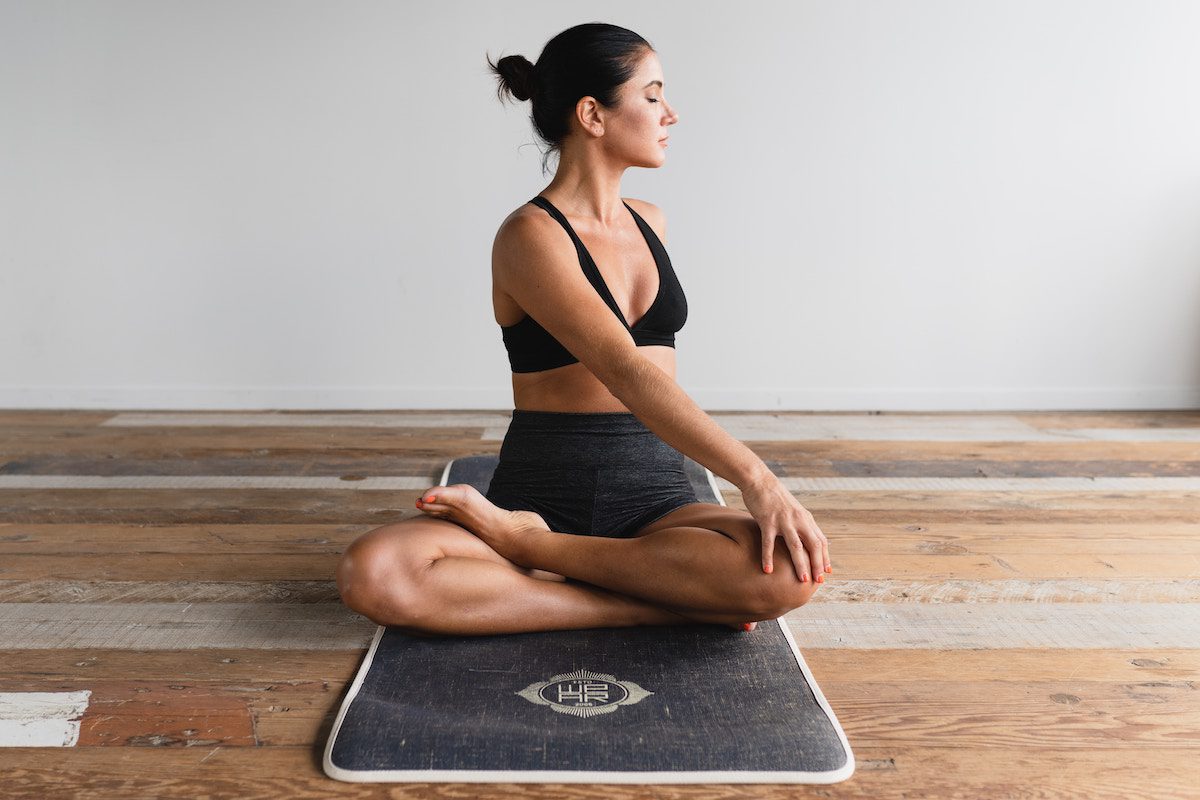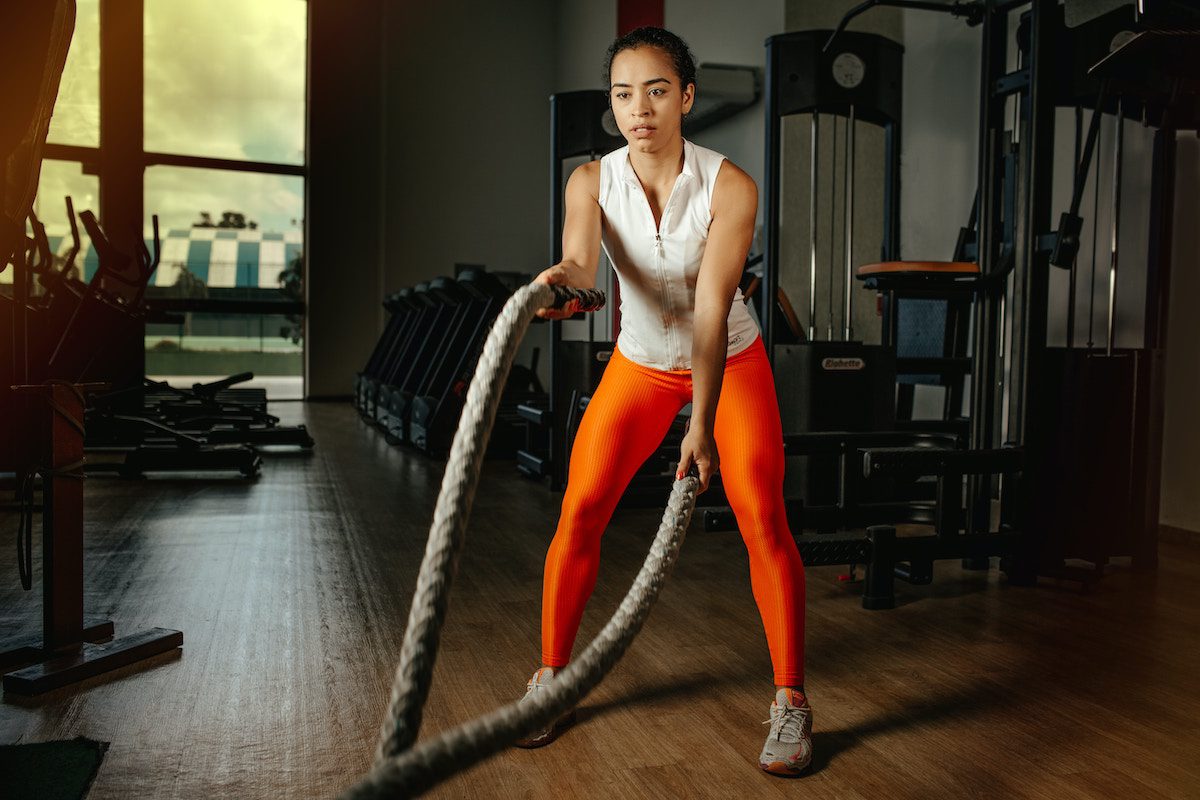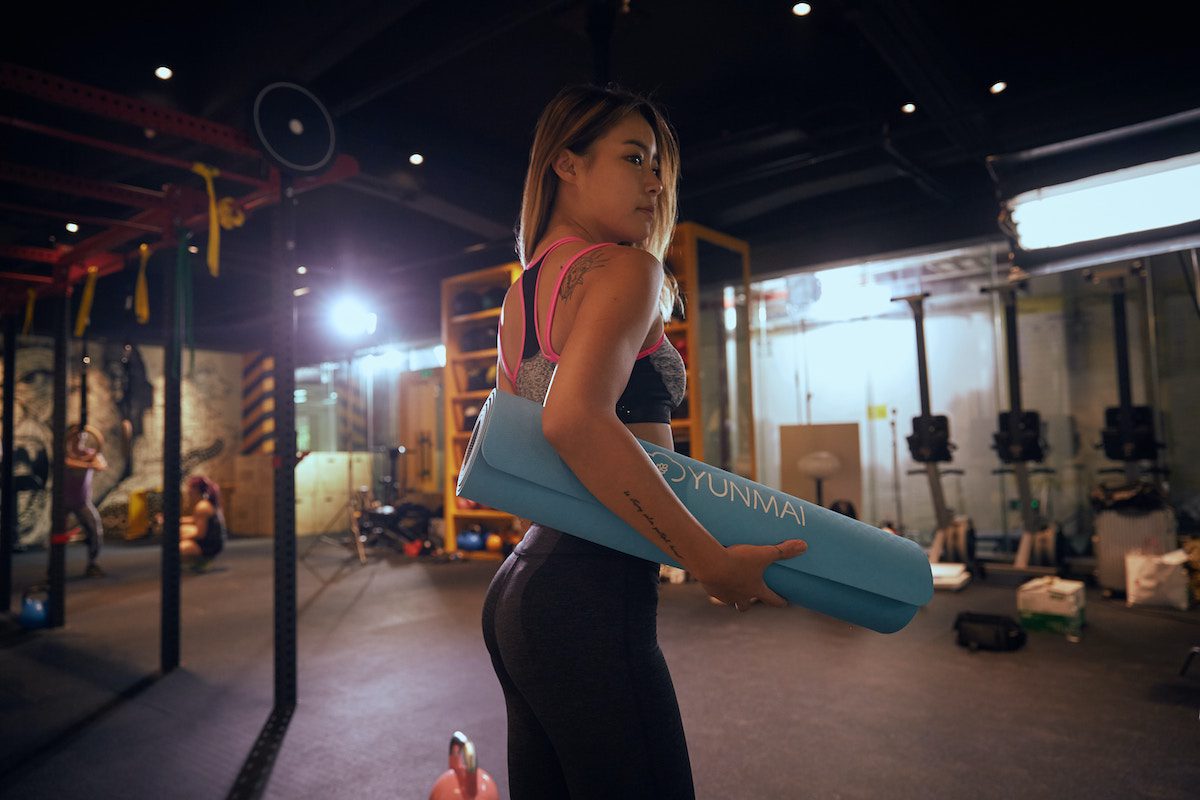Peloton’s Adaptive Training Program Makes Fitness More Accessible
“This is fitness made for you” is something you’ll hear Peloton instructor Logan Aldridge say often. Start a Peloton Adaptive Training class, and one thing becomes clear. There’s been care and thought put into the experience of the person on the other side of the screen. Aldridge uses descriptive language throughout his workouts and continues Peloton’s goals to reduce barriers for adults with disabilities and make fitness accessible.
Peloton’s latest move to make fitness accessible? A partnership with The Christopher and Dana Reeve Foundation. (Read: inclusivity in the wellness space just got a little bigger.) Together, they’ve designed two new Peloton programs — the Seated Adaptive Strength program and the Adaptive Training: Caregivers Spotlight program. For over 40 years, The Reeve Foundation has focused on curing spinal cord injury and improving the quality of life for individuals affected by paralysis.
Paralysis is when you can’t make voluntary muscle movements due to disease or injury to a person’s nervous system, which can be permanent or temporary. It can affect any part of the body and can be either partial (you can control some muscles, but not all) or complete (you have no control over any muscles.)
It’s no secret that the wellness space lacks inclusivity and representation. Inside the Seated Adaptive Strength program, Peloton users experience content made for them, where they are now.
“What we’re doing within these classes is showing possible movement. We speak to the reality of some of the challenges when it comes to accessories, equipment, set up, and execution,” explains Aldridge. “Through progression, we learn that we can do the tough stuff. We’re also showing those with varying abilities that your body may be different and look different than others and do things differently for sure. But I think that’s the power of the population. We get things done, and it may look different, but we get them done.”
During our interview, Aldridge and I discussed caring for caregivers and how the Seated Adaptive Strength program is fitness made with the seated athlete in mind.

Peloton’s new Seated Adaptive Strength program
If you’re unfamiliar with the term, a seated athlete is an athlete who happens to be in a wheelchair. “Seated athletes are likely to have spinal cord injury, a form of paralysis, whether complete or partial,” says Aldridge. “These individuals perform all, if not most, of their tasks in a seated position. We want to enhance the functionality of their key muscle groups.”
Peloton’s new Seated Adaptive Strength program focuses on strengthening those same key muscles. Inside the program, it’s about moving your body in a way that translates into real-world task accomplishments but with varying abilities and functionality in mind.
“This can look like thinking of the bicep curl as a functional muscle group and movement pattern,” says Aldridge. “It helps you do tasks like move objects from the floor to your lap. This program is meant to be an incredible opportunity to progress over time. You might build your intensity or weight. Or take what you’ve learned about the movement pattern and feel empowered to try and adapt new movements.”
We can all relate to the moment you realize you’re stronger than you thought. In building muscles, we build ourselves and shift our perceptions. “Mental health” (or “mental fitness,” as Aldridge calls it), “reminds me that when we meditate and are mindful, our brain is putting in the reps that build strength, resilience, and perseverance,” he says.
As an advocate for mindfulness, it was exciting to see that mediation classes, led by Peloton Instructor, Ross Rayburn, were incorporated into the Seated Adaptive Strength program.
“We’re giving you a way to think thoughtfully about how you structure a fitness program,” says Aldridge. “It was a great opportunity to have Ross, a fellow instructor and friend, be a part of it. Through the lens of inclusivity, it lends itself to the seated athlete with quadriplegia. They may not have much physical function, but they can absolutely take part in this program with us in the meditation and breathwork classes. Everyone can show up alongside and benefit equally, including caregivers. We just need to be present and take part.”
Caring for caregivers
In honor of National Family Caregivers Month in November, Peloton and The Reeve Foundation launched the Adaptive Training: Caregivers Spotlight, a 28-class collection created for caregivers. The collection features classes to “build and maintain the physical and mental strength needed to fulfill a caregiver role.”
This is especially important because the needs of caregivers can, unfortunately, be forgotten. It’s designed to support caregivers so they’re in the best position to support others — and with less decision fatigue. At Peloton, there’s fitness made for caregivers, too.
“We wanted to honor and showcase caregivers in an empowering and practical way. With the design of the Seated Adaptive Program, caregivers (or anyone!) can take part alongside the seated athlete,” says Aldridge. “We thought about things like the hinging movement pattern. This helps caregivers move their bodies safely as they work. We took the guesswork out so the caregiver could jump in and get a great workout.”
At the end of his first Peloton year, Aldridge is focused on his mission to educate and support amputees and adaptive athletes of all abilities. The 2022 Runway of Dreams Fashion Week host was recently announced as Peloton’s newest Tread Instructor. “Through time, I’m excited to see how I can enhance and showcase the accessibility of the tread and make it more inclusive,” he says.
This interview has been edited for length and brevity.

